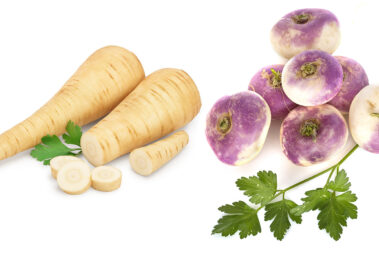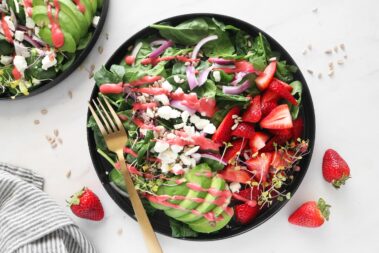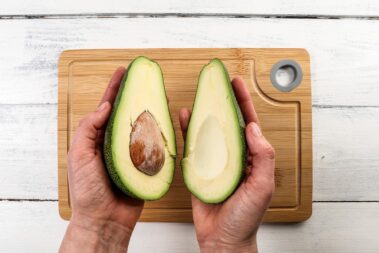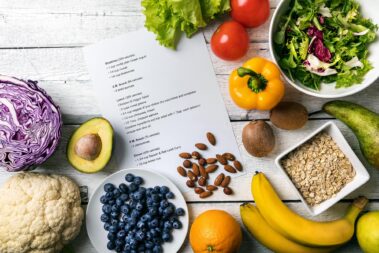It’s always a good time to adopt a vegan lifestyle. But right now amid the coronavirus outbreak is arguably a very, very, very good time to go plant-based. In a new article for the Harvard Health Blog, Uma Naidoo, MD, a nutritional psychiatrist and director of nutritional & lifestyle psychiatry at Massachusetts General Hospital, explains “How to stock a plant-based pantry and fridge on a budget.”
Citing some impressive stats—namely nearly 25% of people in America are now vegetarian, particularly in the 25-to-34-years-old window—Naidoo outlines a convincing case for just how beneficial for your health and affordable going vegan can be. In addition to being wallet-friendly as meat prices continue to rise, adhering to a vegan lifestyle is better for your health (both mental and also physical, as a growing body of research indicates), waistline, and the environment. No matter how you slice the avocado, whichever of the reasons (or combination) that convinces you to go meatless, the end result is a win for yourself, your budget, and our planet.
So how exactly can sticking to a plant-based diet on a budget be a win for your health? As Naidoo indicates the answer boils down to seeking out nutrient-rich, plant-based, whole foods like dried beans or brown rice and avoiding processed carbs (think: french fries, white bread, and sugary cereal)
In terms of saving money while stocking up your vegan pantry, Naidoo outlines some savvy yet simple advice:
- Focus on healthy, wholesome canned goods like beans, coconut milk, tomato paste, olives, and corn.
- Buy nutritionist favored frozen veggies and fruit that are more affordable than their fresh counterparts and last much longer. “Adding vegetables to meals will make them more filling due to the fiber content. Adding frozen berries to breakfast oatmeal or whole-grain pancakes is more cost effective than buying fresh berries,” she notes.
- Buy affordable fresh vegetables for soups and grain bowls like peas, scallions, spinach, carrots, and bean sprouts. Editor’s note: Some good, budget-conscious fresh fruit options include bananas, apples, and oranges.
- Skip canned soups and opt to make homemade versions (which are much lower in sodium and saturated fat) and when you cook them in big batches you can freeze some for later and get your costs down to less money per serving than a single soup can or packet.
- Seek out vegan protein sources that are also good-for-you. In lieu of heavily processed vegan meat substitutes like “chicken” nuggets or “burgers.” befriend lentils. “You should know that 8 ounces (1 cup) of cooked lentils provides about 18 grams of protein, and it has little to no saturated fat or sodium,” she writes. Other plant-based protein options she recommends include red beans, chia seeds, flax seeds, and black beans, all of which are affordable staples. (Editor’s note: We realize some of these foods aren’t as tasty as a pre-made plant-based burger, but these foods should be limited to an occasional splurge and with some time in the kitchen, you’d be amazed at how tasty lentils and black beans can become, à la these easy vegan sloppy joes)
- Shop the perimeter: “A helpful guideline at the supermarket is that fresh produce is on the outer perimeter of the store. Start there, see what is on sale that week, and stock up,” she writes. You can always chop and store your fruits and vegetables for another time if you can’t finish everything you bought quickly enough. “The shelf-stable items and more processed foods are in the [interior] supermarket aisles.”
Readers, we’d love to hear from you. What are your best tips for completing vegan grocery shopping on a budget? Are there certain pantry and fridge/freezer essentials you always have on hand?







